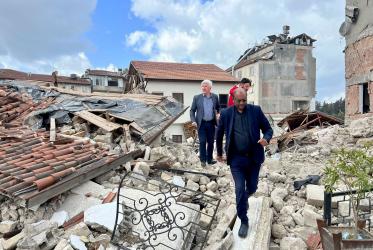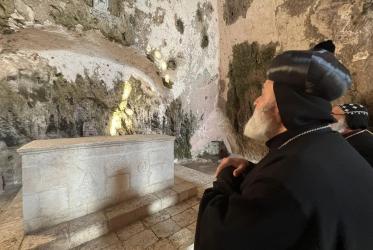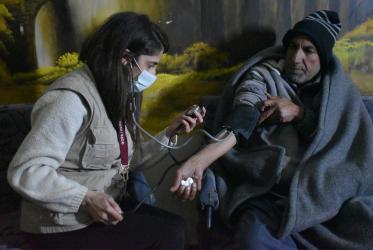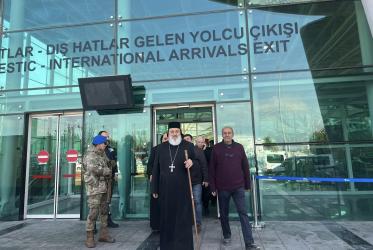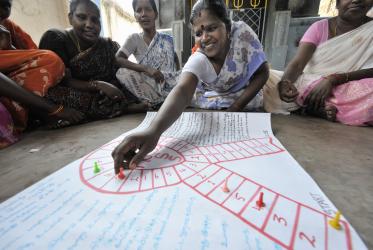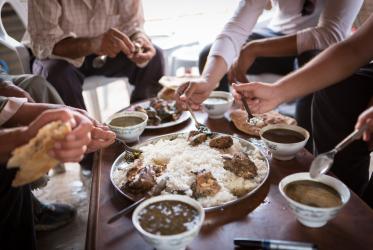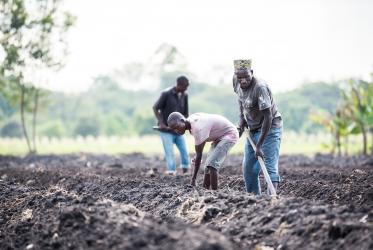Displaying 1 - 18 of 18
11 April 2024
Diakonia: “a tool to reach abundance of life”
24 July 2018
“Good healthcare a right, not a privilege,” says WCC-EAA
11 October 2017
“It’s time to be brave, to form diverse partnerships”
02 March 2017


